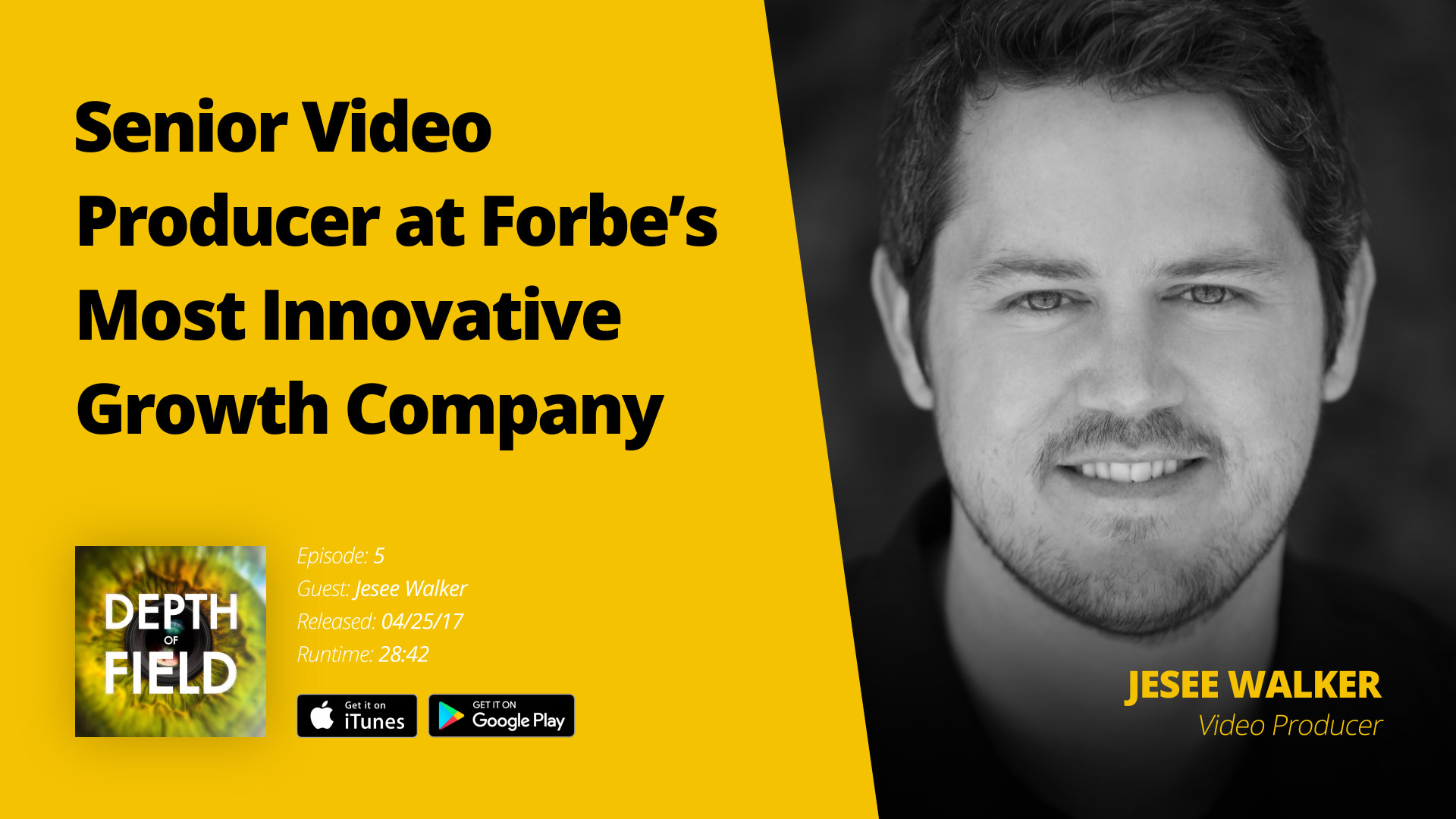
Jesee started with a strong passion for creating short films and was working as a waiter to support that dream. A few years later, and he found himself working at one of the best up and coming software companies in the Silicon Valley.
A fun fact about Jesee: he own’s a lot of movies!
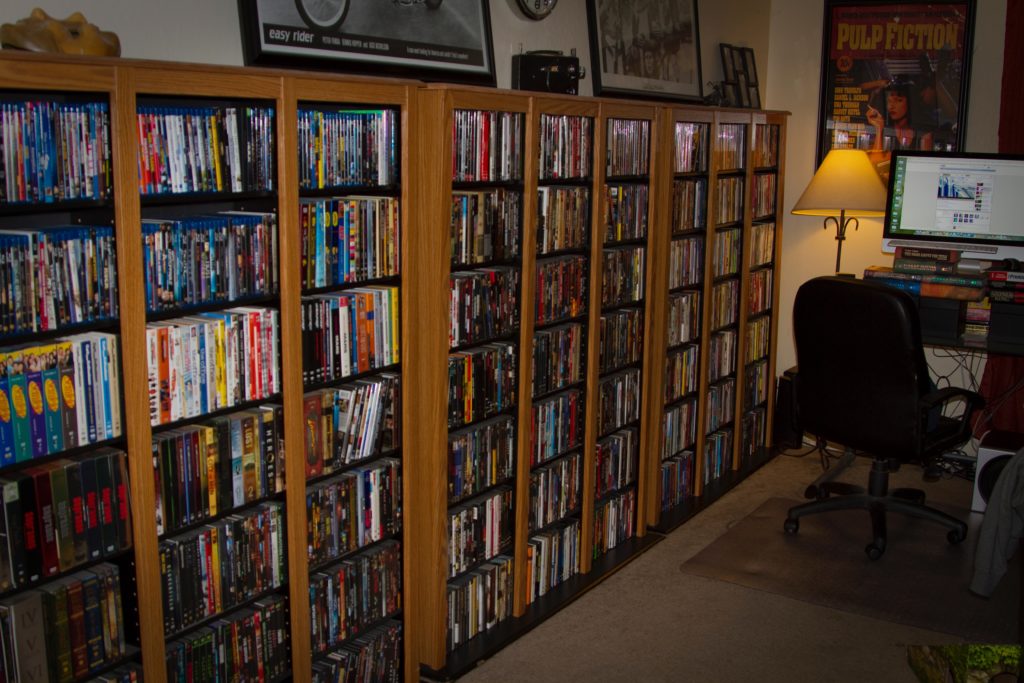
Related Links
- Jesee’s Website
- Work Sample: DevTV – Star Wars Episode (Jesee’s portion starts @ 3:12)
Welcome
Adrian: Here we have Jesee Walker, Senior Video Producer at global accounting software company, Xero, which has been named Forbes’ Most innovative Growth company two years in a row. Thanks for coming on, Jesee.
Jesee: Hey, Adrian. How are you doing?
Adrian: I’m doing awesome, how are you?
Jesee: Doing good. Nice to speak to you this morning.
Adrian: Yeah. Before we get into talk at Xero and the journey that took you there, let’s take a few steps back and talk about how you got started in video.
Jesee’s Background
Jesee: I’ve always been a big creative guy, always into movies since I was really little. My mom always rented a bunch of movies. We would binge watch movies all week, when I was growing up, so got to know movies really well. Didn’t really know about how they were made. I was always into photography, always into painting and drawing. I never did anything with those. I just enjoyed them. I took a lot of photos, watched a lot of movies, had a lot of opinions. That was my intro into that whole world.
Jesee: I never knew what I wanted to do until I was a little bit older. I worked in restaurants, I started to go to [Firesign 00:01:14] school to be a fireman. I was an electrician for a little bit. I always had this love of film and I just knew something was missing. I just … I started researching film, I started learning about how it’s made, and it really was a magical moment seeing that whole world. The other side of that world come to life is a really crazy experience when you start realizing how things the movies are made. You don’t see movies the same way anymore. That was a big deal to me and felt very magical. I’ve always been into the whole, just the magical type feelings. I’ve always been to very themed stuff like Vegas and Disneyland and all that, so I just fit with what I loved.
Jesee: I started the … before I went to take classes at a community college for video, I bought a camera. I used all the money that I had saved at that time. I think it was, I think I bought even a littler camera before that for $300. I bought a bigger camera for about $3,000, I bought a DVX-100. That really was just the tipping point. I needed to either dive in or do nothing at all and pursue another avenue, another venture, electrician whatever.
Jesee: I did it, bought a camera, started shooting little short films with my family. My sister’s dolphin trainer so I shot her, shot short films of her training dolphins. I started taking classes at DeAnza College, Inc. in the Bay Area community college and they have a good film department. That’s where I met you. We met at an Intro to Film class. We met a couple other people that we’re still in contact with today that are good connections. DeAnza didn’t last very long. I think it didn’t last very long for you as well. Actually, you got your AA, I think.
Adrian: No, I didn’t, a few classes short.
Jesee: Okay, so slightly short, but what was important was meeting people. the connections that I made there with you, with Will, with Tracy, Nick, those connections are what jumpstarted all of us. We all wanted to make stuff. We all made stuff together. We started with short films and it grew to what we’re all doing now. It’s pretty crazy time, really fun.
Jesee: We did “One More Day” short film that won an award at our school. We also did the Heinz ketchup contest, which was really awesome. We did the [Puppet 00:04:00] golf short film. We did this little race car one, we made a bunch of little ones. They’re even before the One More Day one. One More Day was a good short film that we made.
Source of Creative Passion
Adrian: Yeah. Let’s talk a little bit more about those films and those passion project, because I know that was a big part of your life when we met. You actually encouraged me to be involved in more projects like that, which is, I think, the best part about, knowing everybody at DeAnza was the collaboration and everybody pushing to make new stuff. Let’s talk about how that shaped you to how you create content today. Even though you’ve moved into more of a corporate role, I know that that type of work has had an impact on how you approach work today.
Jesee: Yeah, totally. I was always really into the passion side of movies, the emotional side of movies. That’s really what gets to me. That’s what I look for in movies. I look for those moments that feel very real that really dig deep and can touch you and affect you in ways like a book can or that thing.
Jesee: I feel like that that’s something that I’ve carried with me in the filmmaking. I feel that’s what I care about most is the human side of things and the emotional storytelling and what people are passionate about. I think it’s mandatory in the corporate world because of how stale sometimes this industry is. It can provide, added creative flair to the industry. Yeah, that’s what I care about most, and that’s what drives me as a person too.
Jesee: I can watch a commercial and cry if it’s done well enough and shows a moment where somebody’s feeling something. I think it’s just the empathy that I have, it’s just that it hits me like a freight train.
Adrian: Right.
Jesee: The moments somebody’s dealing with the loss of a child I instantly feel a loss of a child and it’ll hit me. It’s crazy. It’s a blessing and a curse, I’m sure. I think it’s helped a lot in what I do, for sure.
Big Career Moves
Adrian: Let’s talk about, during this period you are working at restaurants, it’s how you made a living and you are investing your spare time into creating this content, but eventually you made the transition to working full-time in video, which I know was an interesting journey for you. There’s got to be a lot of mental processes happening during that transition and it’d be curious just to hear what your feelings and thoughts are about that journey as we probably have a lot of people struggling with that very same thing, that may still be passionate about in short films but they’re struggling with the idea of making money in the video or even corporate video industry. Just curious to hear you speak into that a little bit.
Jesee: This was the toughest part of my journey. This is something that I constantly look back on, constantly feel blessed about and wasn’t easy. I had worked in restaurants since I was 16 years old and worked other different things to make ends meet. I had always done video. I’ve done video about 10 years plus now, maybe about almost 12 years. I always wanted to direct movies. I feel like this is a struggle that a lot of filmmakers have.
Jesee: They feel like … because of what got them into the industry, which usually is movies, that that’s what their hundred percent end goal is. There’s nothing wrong with that at all, but I feel like that was a huge boulder for me and a huge roadblock in moving forward in my video career because I was always very reluctant to do anything in corporate. I didn’t want to dabble at all. I didn’t stick my feet in at all. All I did was shoot music videos, short films, passion stuff, and just waited and thought it was just going to happen if I just meet the right person or if I just create, if I have the right idea and create the right thing then I’ll be able to somehow go down LA and make movies. This was always the hardest thing for me.
Jesee: It wasn’t until I met my wife that this changed. She was the big inspiration for me just diving in and doing something different. I don’t miss what I was doing before music videos and stuff, I think about that I have done music video type stuff in the corporate world, which is cool. I think the move that I made was the right move, and it’s something I’m very, very, very happy about.
Jesee: I was working at a restaurant when I met her. I met her at a restaurant, I was serving table outside and she was on business meeting with clients and we met there. She gave me her number it’s funny. I was working at the restaurant when I was with her and she worked a corporate job. She made a lot of money and I made nothing. It felt shitty. There’s nothing wrong with that either. I don’t want to knock one person making money and the other person not when it’s … if they’re doing something that they love. I love the waiting tables but it wasn’t my passion. Part of it, why I loved it so much was working with people and that is why I love filmmaking so much. We’ll get to it. It’s really the bulk of why I love this job.
Jesee: She was in a hard spot too because it was hard on her that I worked at a restaurant and she worked a corporate job and that difference was hard on her even. She inspire me to just start shooting, just shooting as like a DP, just a shooter in the corporate world just to start doing it, just whenever I can, because I worked restaurant so I had days free, which was good in the corporate world because we don’t work outside of work day.
Jesee: The first thing I did was just … I wanted … I think I bought a new camera. Yeah, I bought a 7D, bunch of other little stuff. Then, I put a Craigslist ad up and that was it, that was the start. Literally within a week or two, I had people contacting me through Craigslist, I couldn’t believe it, producers that looked at some of my older work and saw what skills I had and just pull me on just checking out different shooters and pull them on here and there. I met different producers. That was my way in.
Corporate Video Projects
Adrian: I know you’re the type of person that’s always looking for the good in things. I know that there’s been some challenges transitioning from focusing on creative work to corporate work, but let’s talk about what you view as the new favorite part of working on this corporate video and this new production process.
Jesee: Yeah. This space is unique. The corporate video space is growing exponentially. It’s tip of the iceberg right now. It’s a weird space. It’s not the most interesting, but that’s the challenge. The challenge is the creativity to make it interesting, because there’s a lot of software, there’s a lot of not tangible stuff. Usually, you’re out filming a gymnastics person, you’re out filming a restaurant cooking, you’re out filming … there’s just so many usually with filming you’re doing something very unique. You’re shooting, capturing something that somebody hasn’t seen or telling us the right story with a very unique person or unique skill that they’re doing or something like that.
Jesee: Corporate is weird. Corporate is software and corporate is … It’s hard to show that in video. It’s a huge challenge. I think a lot of people are scared of it and don’t think that they can be creative in corporate and it’s, I swear, it’s the opposite because that’s what I thought forever that’s why I didn’t stick my foot in. It’s really the opposite. It forces you to be creative. It forces you to be challenged and to work harder than you normally would. I think it’s actually a benefit.
Adrian: Do you have any example of that on just recent, you can also explain the type of work that you’re doing at Xero?
Jesee: Sure. We do a series called DevTV. It’s a developers series, web series that we do. One of the episodes is a Star Wars themed episode all about Javas, Java SDK. This is corporate talk that nobody is going to understand. That was the … the creative part behind it was that this is a subject that was so hard, it’s developer stuff. It’s Java SDK and how you develop software. It was all about it … they needed to find the Java SDK and we made it like [Jawa 00:13:37] SDK and the whole … it’s like a short film, the whole episode. It was really fun to shoot.
Jesee: That was one way we turned all this content we needed to tell these developers into a short film. It was all, we made a story behind it with Star Wars. It turned out incredible. It’s one of the finest things I’ve actually done in quite a while.
Adrian: Is that public? Could be post that in the show notes? Is that an internal thing?
Jesee: Yeah. No, it’s public. We can post it. My portion, the very intro is done in New Zealand but my portion is you can tell there’s a stylistic short film in the dead center of the episode and that’s all of our … the stuff I showed in that stuff.
Adrian: That’s cool. Yeah, I have seen that. That is a very cool video so we’ll put that in the show notes so people can see the creative side of corporate video. I think that’s a great example.
Jesee: Yeah. Xero is a really good example of creative corporate video. We are definitely leaders in that space. We focus on it a lot whereas other companies don’t focus on it nearly as much as we do. We release hundreds if not thousands of videos a year globally. We care a lot about video, it’s our main focus.
Common Video Production Mistakes
Adrian: You’ve been in the industry for quite a while now, at least 10 years I’ve known you that you’ve been working on video. I’m curious to hear what you think is the most common mistakes that people are making when they’re getting into this industry.
Jesee: There’s a lot. I made a lot of mistakes, learned from a lot of mistakes. One big issue I see with people, I see it in friends of mine that are in this industry, is just doing and keep on doing and finishing things and moving on and not being scared to put something down and discover the next thing and learn from your mistakes. It really is something that seems so logical and common sense, but I feel as in the creative space, people get really attached to what they’re doing and the love of their ideas and it’s hard to give them up, it’s hard to let them go. That’s just … it’s a really difficult thing for any creative.
Jesee: I feel like that’s definitely a common mistake that people make, not pricing themselves right, being two hire or too low or staying too low for too long or going too high too fast. There’s that fine line of how you juggle that is important, knowing your worth and and where your spot is at that time is important.
Jesee: When you first start you need to do things for free. You need to build your portfolio, you have to get stuff done, you need to learn. You’re never going to get better in this industry if you don’t keep doing stuff and just moving on and learning from what you did before. Exponentially, you learn so fast in the corporate world if you’re if you’re in-house because you get to make mistakes, you get to practice and do these things and learn and move on.
Jesee: We can talk about that in a little bit more. You need to do stuff for free when you’re first starting out. Sometimes people aren’t open enough. They’re not susceptive enough or change or pivoting in the industry, and that was a big thing for me when I didn’t want to go into corporate. That helped me. Pivoting and molding and that you got to do that. You got to be able to mold and adapt to the industry. It’s ever-changing. We’re in an industry that’s so tech-heavy and it’s like you’re going to get lost so fast. You always have to keep up. You always got to be pivoting and being ahead of the curve.
Advice for Starting in Video
Adrian: It’s good advice. On that note, what specific advice you give to somebody who’s trying to break into the corporate video market?
Jesee: Depends on your experience level and what you’re trying to do in corporate, I guess, because our industry is so broad and you can come in at different angles and do different things. I’m a producer, I do everything. I can edit, I shoot, I use shooters. I use sounds, I do everything. I guess if I were to give a blanket piece of advice, if you were to go in-house, then I would … I guess the advice would be, because in-house is such a different beast than if you’re freelance, just two totally different worlds.
Jesee: If you’re in-house, don’t get too caught up in the politics because the corporate world has a lot of politics. They can be scary and weird and you might not know how to navigate that. Don’t get too caught up in it, just be very humble and appreciative in that world, and just be very helpful and you’ll go far, and proactive.
Jesee: If you’re somebody that’s a freelance and you’re trying to just do freelance corporate and break into that world, I really think networking is really important in sales and they go hand-in-hand. Attending meet ups, startup meet ups, corporate creative meet ups. They have them, they’re everywhere, go to those, meet people, start trying to meet marketing managers, you know that those are going to be your best friend, those people who are your bread and butter, marketing managers, CMOs and stuff or who you’re going to want to be in touch with.
Jesee: If you’re just starting out, you’re more likely to be working with startups and stuff, people that … because you’re new to the industry so they’re new too so that you fit. Some of the bigger name people you might be working with as you move on. Or you might be working with some big brands early on, if you’re lucky.
Freelance to Employee
Adrian: You’re already talking about the differences between freelance and in-house corporate. I know that your journey led you from freelance 2 in-house. Let’s have you talk about that journey a little bit, and then just highlighting some of the key differences between the two, and when somebody might pursue one over the other.
Jesee: Yeah. I have been freelance for a long time in corporate and I’ve been in-house same amount of time probably. I like both. I think both have their pluses and minuses. I am in-house now and I am missing being freelance right now, but this was the right decision for me at the time. I don’t regret it. I would probably go in-house with another company at another time as well. I don’t really have too many problems with it.
Jesee: Some of the plus and minuses I guess I can say would be, as a freelance you’re running your own show, you’re your own boss, you’re setting your own hours, you’re hopefully, hopefully in a position to where maybe you can pick and choose your own jobs you take on, which is pretty unique and fun. The problems with freelance are … you’re having to deal with sales and nothing is consistent, and you don’t have benefits, and you have to pay self-employment tax. There’s a whole slew of stuff that’s hard with freelance.
Jesee: Then, with corporate, you don’t have to worry about sales, you already have the sale, you’re in it. You also were … I feel you’re allowed to be more creative in-house. I feel it allows you to make mistakes and not be scared. If you’re freelance and you have a client and you make a mistake, you’re paying the price. If it’s not what they wanted in any way and you’re having to redo stuff, you’re paying the price. It hurts and maybe you’re not going to be as creative next time outside of the box if you’re thinking your clients aren’t going to go for it.
Jesee: In-house allows you to be more creative and make those mistakes, because you’re in. Yeah, they could fire you, sure, but you got to really mess up. You’re free to them, so if you make a mistake it’s not a big deal. The benefits you get, and it’s consistent. If you get in at a good price and stuff, it’s consistent pay and it feels good. If you have a family, and you’re in a position where that is something that you want, then it’s a good move. Yeah, it’s got its ups and downs.
Changing the Video Production Industry
Adrian: What would you say is something that you currently don’t like about the industry? If you had to choose one thing that you could advocate for change on, what topic would that be?
Jesee: I think the corporate world, especially tech doesn’t take, unless you’re a huge brand like Apple or something, Facebook whatever, you don’t take as many chances. I feel you really need to step out of the comfort zone and take chances. I feel like Xero is starting to do that. We haven’t done the best job of it and it’s something we’re really focusing on currently, but we don’t see brands doing it very often. Only outside of tech really are brands doing that stuff. I think tech people play it safe. I think it’s normal for the industry.
Jesee: I feel now the trendsetters are the ones that are going to be breaking out of the box and doing more fresh, fun, viral, make fun of themselves type stuff. That’s really what’s shareable, that’s what is going to sell. That’s what people are going to get attached to. They’re going to get attached to your brand from those things.
Jesee’s Epic Movie Collection
Adrian: All right. As we wrap this up, I wanted to talk about your movie collection briefly because of anybody I know you have the most movies. Before we recorded I said, “500 Blu-rays and 5000 DVDs”, which is insane. I would love to post a picture of it if you would allow me to in the show notes because it’s pretty impressive.
Jesee: I got some good ones.
Adrian: I know this is going to be a very hard question with that many movies, but I’d love to hear what are your favorite top five.
Jesee: The classic question no movie guy can answer, what are your top movies?
Adrian: Good luck.
Jesee: I’m actually a weird guy in this area, because I actually do have a favorite movie, one single favorite movie. I also have a top 5, top 10. I’ve made like a top hundred list just for fun. It’s pretty rare. Most movie people just can’t do that.
Jesee: My number one most favorite movie of all time, it always will be “Pulp Fiction” hands down. It probably has influenced me the most, not in my filming style or anything like that but just in my love of film, falling in love with movies. It’s just such a perfect, incredible film, should have won best picture that year, but it was a hard year, up against like LA confidential, and Pulp Fiction, [inaudible 00:24:21], Forrest Gump, and Shawshank, it’s a screwed up best picture year.
Jesee: Definitely my favorite movie. My second favorite movie is “Jaws”. That used to flip-flop but for sure Pulp Fiction is my most favorite movie. I like a lot of other movies but some of my top ones, “Casablanca”, “Eternal Sunshine”, “Spells mind”, “Amelie”, “City of God”, “Old Boy”, stuff like that.
Jesee’s Practical Advice
Adrian: Awesome. Before I let you go, this is a question I ask every visitor, and it’s the call to action. I want people to come away from the show having something they could put into practice this week. What is something that you think our listeners should focus on to improve this week?
Jesee: I’m a big YouTube guy, I’m sure as every video guy is. I’m obsessed with their playlists. I get … it’s inspiration from playlists and creating playlists myself and throwing videos that inspire me when I find him into my playlist. I can access those at any time and it’s like your playlist of inspiration. I totally recommend that if you don’t have … if you’re in our industry and you don’t have this type of list where you can just go and get inspired and put your favorite videos that you’ve seen, favorite music videos and favorite commercials or whatever in the folder, you should do it.
Wrap Up
Adrian: Awesome. Great advice. I like to let every guest also plug some social media. If you want people to get in touch with you, maybe ask a few more questions about your journey, where would people reach out to you, Jesee.
Jesee: You can see my work at my website, walkerproductions.tv. WALKERproductions.tv. I got a lot of my newer stuff on there. You can check out my work over there, or you can visit our Xero YouTube Channel XZRO. Spoke a little differently and you can see a lot of our work on there but it’s global so there’s a lot of stuff on there.
Adrian: Awesome. Guys, we’ll put those links in the show notes as well. Jesee, thanks so much for coming on the show.
Jesee: Yeah. Thank you, Adrian.


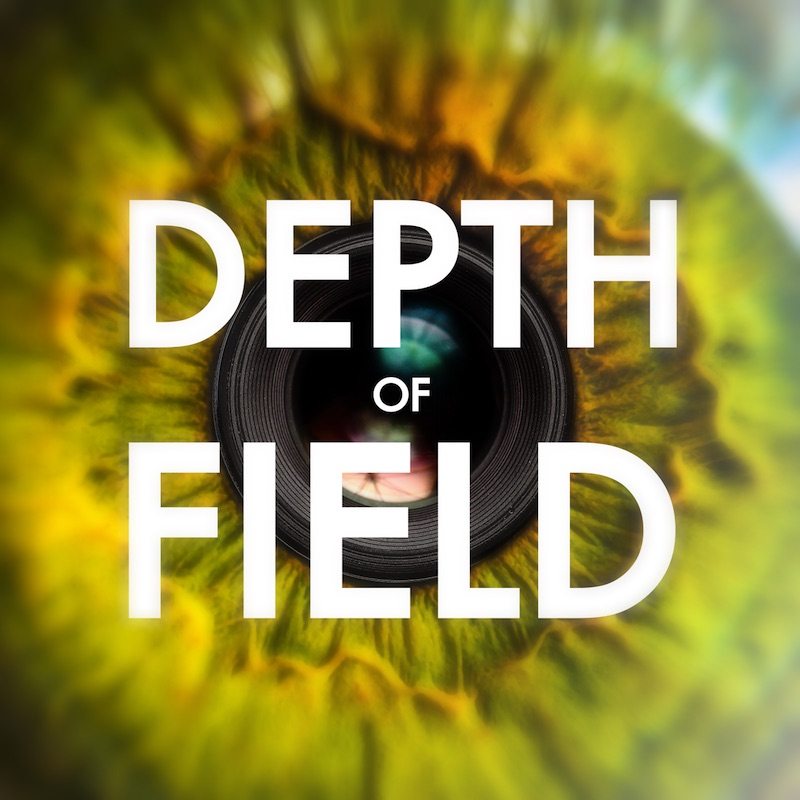

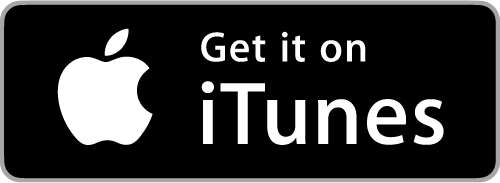
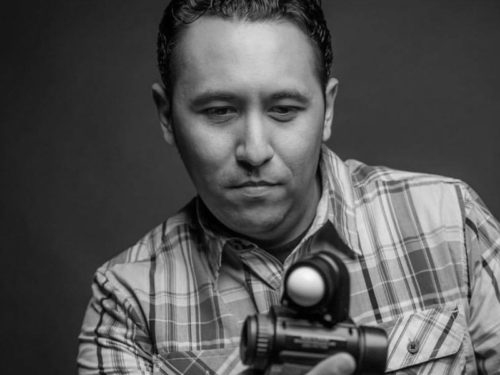
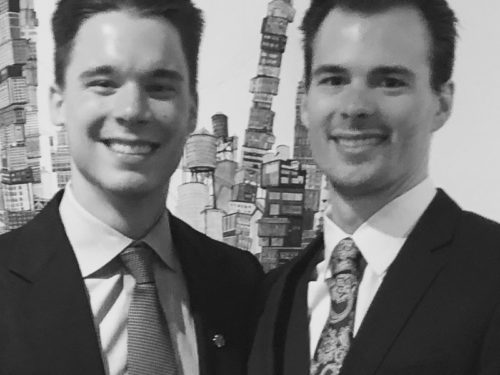
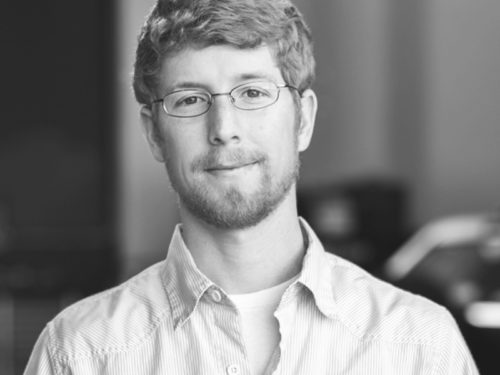
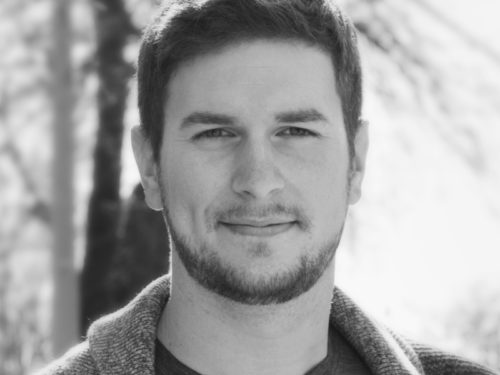
1 Comment
Jesee rocks. Very impressed and very proud of my nephew!